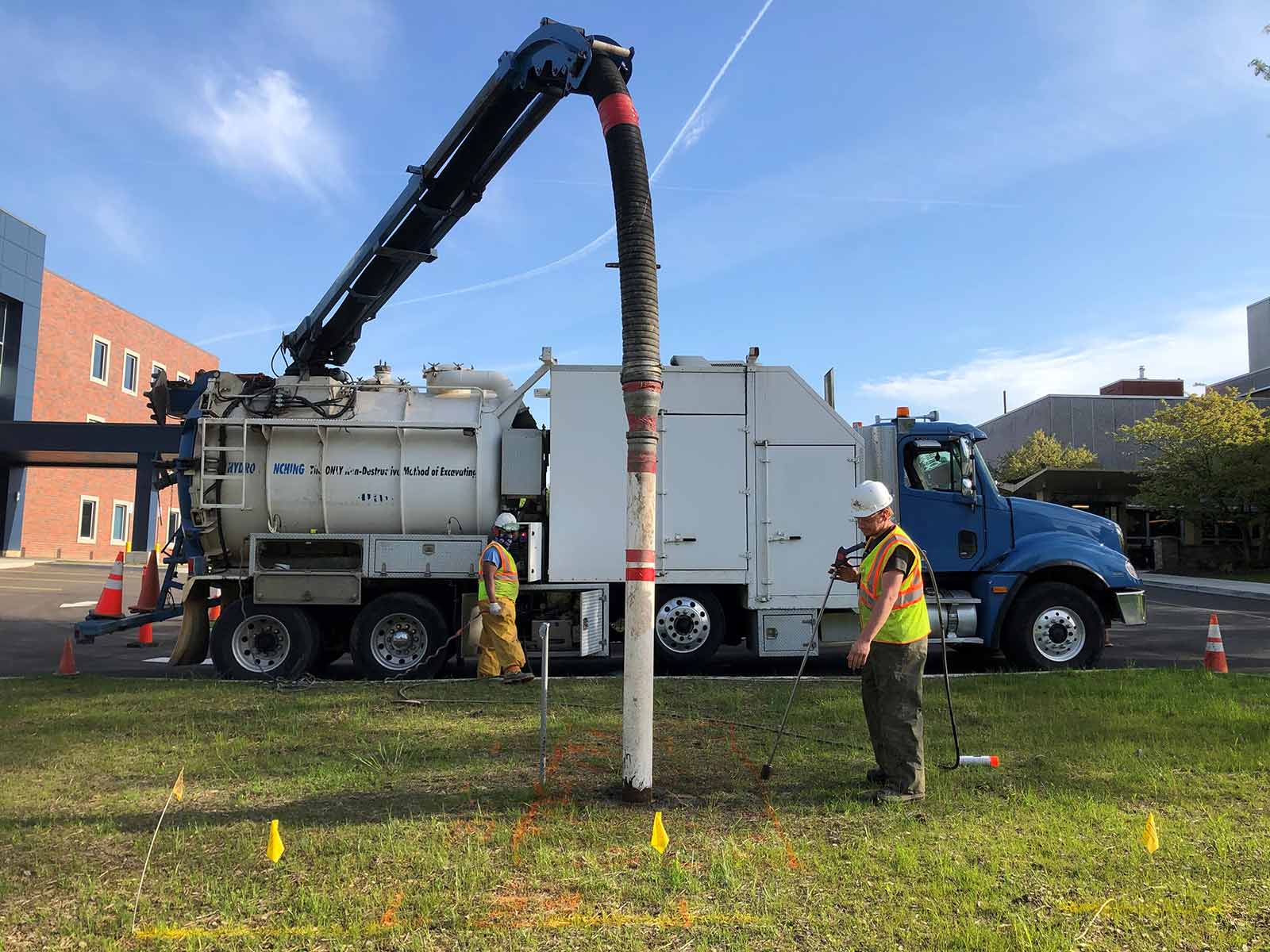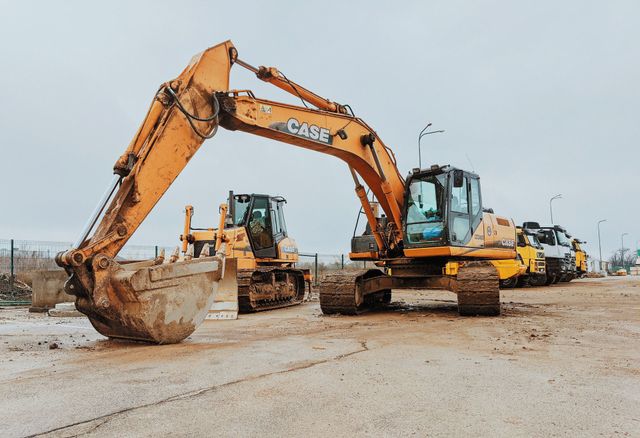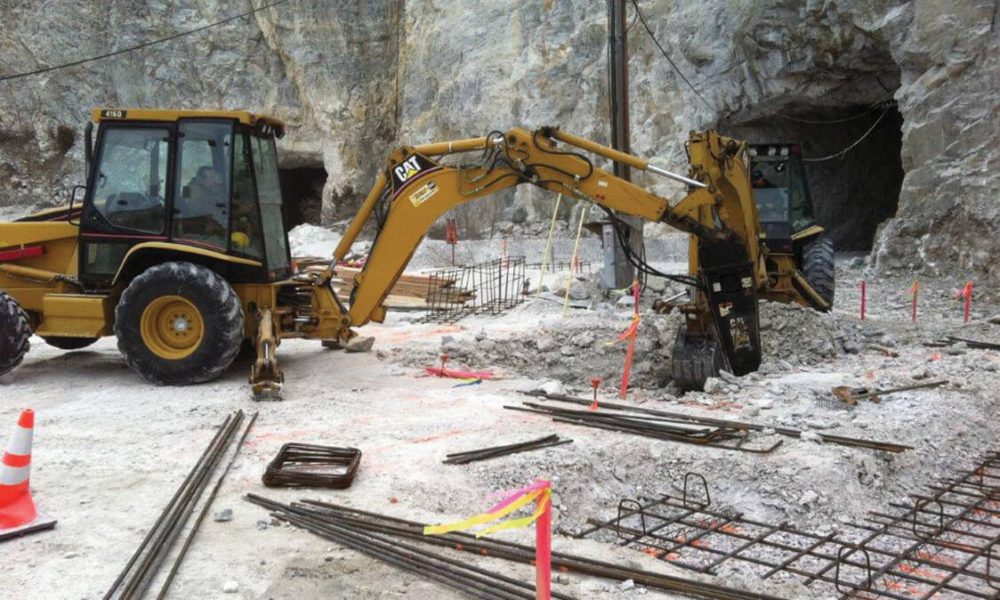Lancaster Trenching - Professional Trenching Solutions in Lancaster, Ohio
Lancaster Trenching - Professional Trenching Solutions in Lancaster, Ohio
Blog Article
Comprehensive Excavation Methods: Mastering the Principles for Success
In the realm of building and construction and civil engineering, the relevance of reliable excavation techniques can not be overemphasized. The mindful planning, precise implementation, and meticulous attention to information needed in excavation projects require an extensive strategy that encompasses different essential elements. From preliminary dirt evaluation to the application of safety and security measures and regular progress monitoring, mastering these core aspects is crucial for achieving success in any excavation endeavor. Nevertheless, truth proficiency exists not just in understanding these fundamentals but in effortlessly incorporating them to browse the intricacies of excavation tasks with skill.
Recognizing Excavation Job Planning

Successful excavation jobs are built on the foundation of meticulous and detailed planning. The first phase of any type of excavation project is the drawing board, where essential decisions are made that can considerably influence the result of the task. During this stage, it is necessary to gather all pertinent info concerning the site, consisting of topographical studies, dirt composition, and any kind of potential dangers that might exist. Comprehending the task budget plan, range, and timeline restrictions is essential for developing an extensive excavation strategy that guarantees the job's success.
One key aspect of excavation project preparation is the growth of a detailed timeline that outlines the sequence of activities, milestones, and deadlines. This timeline acts as a roadmap for the project team, enabling them to track progression and make needed changes to make certain the project remains on routine. Furthermore, a well-defined budget that accounts for all expenses, including tools rental, labor costs, and materials, is essential for staying clear of price overruns and hold-ups. By meticulously taking into consideration all these variables during the preparation stage, excavation projects can be executed successfully and efficiently, leading to effective outcomes.
Soil Evaluation and Website Assessment
Performing comprehensive dirt analysis and site examination is a crucial action in the prep work phase of any type of excavation task. Dirt analysis includes establishing the composition, framework, and residential properties of the soil at the excavation site. This details is essential for recognizing the soil's bearing capability, dampness content, and potential for disintegration, which are key elements in establishing the excavation methods and devices needed for the task.
Website assessment surpasses soil analysis and includes a wider analysis of the overall website conditions. This evaluation includes determining any kind of potential dangers, such as below ground energies, ecological worries, or unstable surface, that can affect the excavation procedure. By completely examining the site, project supervisors can create efficient excavation methods that prioritize safety, efficiency, and ecological defense.
Using advanced technologies like ground-penetrating radar, dirt tasting, and drone studies can boost the accuracy and efficiency of dirt evaluation and website examination. Investing time and resources in these initial steps can ultimately conserve time and stop expensive discover this info here delays or complications throughout the excavation procedure.
Devices Selection and Utilization
Reliable excavation jobs depend greatly on calculated tools choice and application to make certain optimum efficiency and productivity. Picking the appropriate tools for the job is crucial in making the most of effectiveness and lessening downtime. Aspects such as the kind of soil, deepness of excavation, and job extent play a significant duty in figuring out the most suitable devices for the task available.

Along with picking the ideal tools, correct utilization is essential to task success. Operators should be educated to deal with the tools securely and successfully - excavating ohio. Routine maintenance checks and timely repair services aid prevent break downs and make sure regular efficiency throughout the task
Safety Steps and Laws Conformity
In the realm of excavation projects, prioritizing safety procedures try this website and compliance with policies is vital to making certain a secure and legally sound operational environment. Precaution encompass a variety of techniques, including conducting thorough site evaluations, applying appropriate signage and barriers, and giving ample safety and security training for all workers associated with the excavation process. Adherence to laws, such as OSHA demands in the United States, makes sure that the excavation job fulfills the needed standards to secure workers, onlookers, and the surrounding setting.

Monitoring Development and Adjusting Techniques
How can predict managers properly track the development of excavation tasks and adapt their methods accordingly to enhance end results? Surveillance development is important for making certain that excavation jobs stay on track and satisfy target dates.

Verdict
To conclude, grasping the principles of extensive excavation strategies is important for the success of any kind of job. By understanding task planning, assessing soil and website problems, picking suitable tools, conforming with safety and security regulations, and keeping an eye on progression, job supervisors can guarantee a smooth and efficient excavation process. Applying these methods will cause successful results and decrease possible dangers or troubles throughout the excavation task.
The initial phase of any kind of excavation job is the planning phase, where vital decisions are made that can significantly affect the end result of the job. Understanding the project budget, timeline, and range constraints is essential for developing a thorough excavation strategy that makes sure the project's success.
How can project managers successfully track the advancement of excavation projects and adapt their approaches accordingly to optimize outcomes? By closely checking progression and being willing to adapt techniques, task supervisors can enhance the overall success of excavation tasks.
By understanding project preparation, analyzing about his soil and website problems, picking ideal tools, abiding with safety and security laws, and monitoring progression, job supervisors can make sure a smooth and reliable excavation procedure.
Report this page